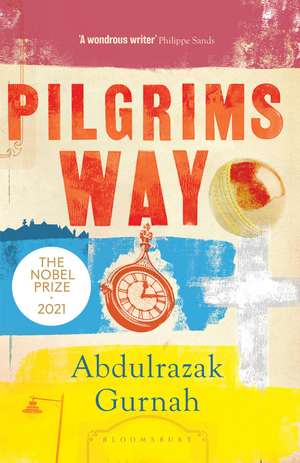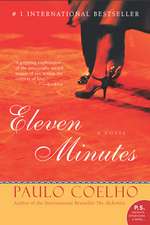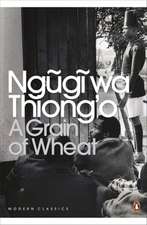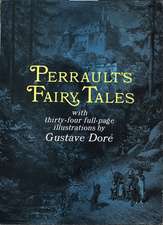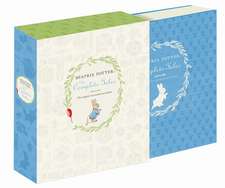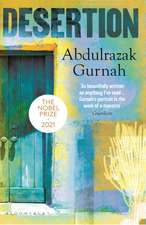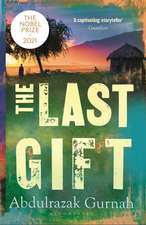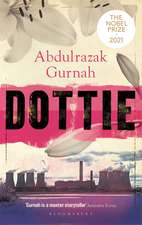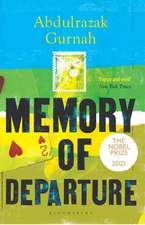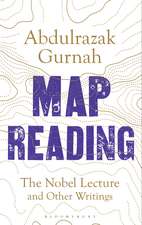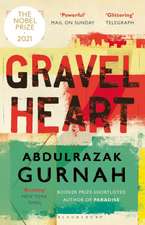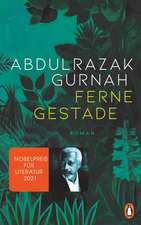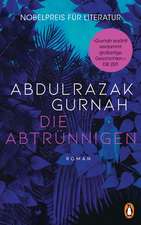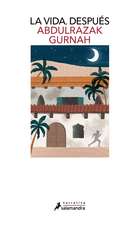Pilgrims Way: By the winner of the Nobel Prize in Literature 2021
Autor Abdulrazak Gurnahen Limba Engleză Paperback – 22 dec 2021
Preț: 48.34 lei
Preț vechi: 63.47 lei
-24% Nou
9.25€ • 9.62$ • 7.64£
Carte disponibilă
Livrare economică 24 martie-07 aprilie
Livrare express 08-14 martie pentru 34.10 lei
Specificații
ISBN-10: 1526653478
Pagini: 304
Dimensiuni: 129 x 198 x 22 mm
Greutate: 0.22 kg
Editura: Bloomsbury Publishing
Colecția Bloomsbury Publishing
Locul publicării:London, United Kingdom
Caracteristici
Notă biografică
Abdulrazak Gurnah is the winner of the Nobel Prize in Literature 2021. He is the author of ten novels: Memory of Departure, Pilgrims Way, Dottie, Paradise (shortlisted for the Booker Prize and the Whitbread Award), Admiring Silence, By the Sea (longlisted for the Booker Prize and shortlisted for the Los Angeles Times Book Award), Desertion (shortlisted for the Commonwealth Writers' Prize) The Last Gift, Gravel Heart, and Afterlives, which was shortlisted for the Orwell Prize for Fiction 2021 and longlisted for the Walter Scott Prize. He was Professor of English at the University of Kent, and was a Man Booker Prize judge in 2016. He lives in Canterbury.
Recenzii
[A] captivating storyteller, with a voice both lyrical and mordant, and an oeuvre haunted by memory and loss. His intricate novels of arrival and departure . reveal, with flashes of acerbic humour, the lingering ties that bind continents, and how competing versions of history collide
Gurnah is a master storyteller
Gurnah etches with biting incisiveness the experiences of immigrants exposed to contempt, hostility or patronising indifference on their arrival in Britain
Descriere
**By the winner of the Nobel Prize in Literature 2021**An extraordinary depiction of the life of an immigrant, as he struggles to come to terms with the horror of his past and the meaning of his pilgrimage to EnglandDear Catherine, he began. Here I sit, making a meal out of asking you to dinner. I don't really know how to do it. To have cultural integrity, I would have to send my aunt to speak, discreetly, to your aunt, who would then speak to your mother, who would speak to my mother, who would speak to my father, who would speak to me and then approach your mother, who would then approach you. Demoralised by small persecutions and the squalor and poverty of his life, Daud takes refuge in his imagination. He composes wry, sardonic letters hectoring friends and enemies, and invents a lurid colonial past for every old man he encounters. His greatest solace is cricket and the symbolic defeat of the empire at the hands of the mighty West Indies. Although subject to attacks of bitterness and remorse, his captivating sense of humour never deserts him as he struggles to come to terms with the horror of his past and the meaning of his pilgrimage to England.
